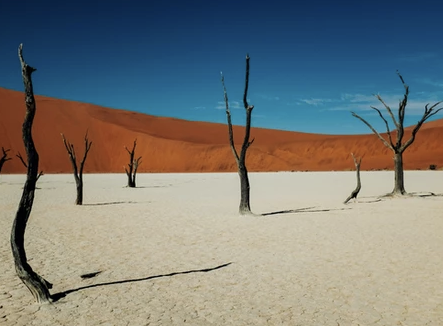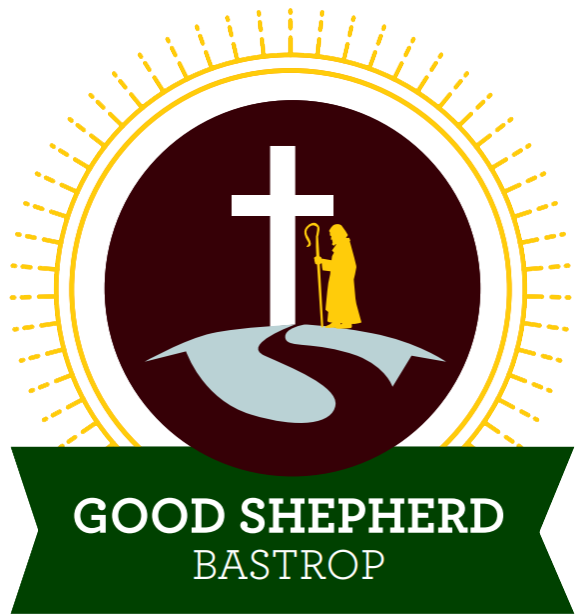Texts for Reflection:
Is 11:1-10
Mt 3:1-12

Guiding Question:
Why go to the desert to prepare a way?
Scriptural Exploration:
Isaiah’s poetic description of the time of God fits soundly within the Hebrew prophetic tradition. The time of God is not judgment for judgment’s sake, but for the restoration of balance throughout the creation: “he shall judge the poor with justice… he shall strike the ruthless with the rod…” (v. 4). John’s call is to prepare the way for this time of God by embodying it (vv. 2-3, 8). This embodiment requires the kind of discernment only the fire of the Spirit can provide (vv. 10-12).
Lesson:
Busy-ness and commercialism in the Christmas season can block God’s pathways through our hearts. This blockage could be a fear of emptiness, an impossibly long to-do list, or an acute awareness of all the good that needs doing, especially at this time of year. We also may be captive to sin and not able to free ourselves. Whatever the blockage, we can surely identify with the need for preparation, for making pathways straight. In this season, like in all other seasons, sinfulness reigns until the death and resurrection of Jesus reigns.
Into our sinfulness God sends a person: Jesus. And in the desert a voice pleas for repentance. Why go into the desert to repent, to prepare a way for the Lord? If Jesus is the one who prepares us to receive Jesus, why go into the desert? If God is present in all places, why not stay in the city? In short, God is present in all places, but we are not. We can experience God in all places, especially in the suffering chaos of solidarity with the poor, marginalized, and outcast of this planet. We can experience God in the sacraments. We experience God in many places and at many times. But God is longing to be born in this world in a radical way that shifts the very foundations beneath our feet. God longs to “judge the poor with justice,” to “strike the ruthless with the rod” (Is 11:4). And we are called to be accomplices in this great birth.
When we go into the desert we are more likely to notice what keeps us from recognizing and participating in the good work of God already active in the world. It is not foolproof, of course, this journey into the desert; we humans are capable of deceiving ourselves at all times and in all places. But the desert is an open space that can reflect how closed we are. Throughout Christian history disciples have gone into the desert, including virtually the whole monastic tradition. In the presence of trustworthy disciples and of open space we can be more certain that our selfishness, anger, expectations, jealousy, and lust are our own. In short, we can perceive our own sinfulness more clearly. For some, this perception might not seem hard to come by. But for the self-righteous (and if you are reading or writing this, you probably fit into this category much of the time), we sometimes need help even to perceive our need for help.
The desert, of course, can be a physical space. But it can also be a space in time. The sabbath is one such space every seventh day. Abraham Heschel calls it “a sanctuary in time” (Heschel, Sabbath). A short experiment in the desert may reveal how blocked our pathways are: try sitting still and doing nothing for three minutes. Through consistent journeys into the desert we prepare the way for the Lord. And note: every time our attention returns to the present moment, we are in the desert. We don’t manipulate God into arriving because of our good, spacious, desert behavior. We simply come to recognize more and more over time how God has already arrived, and is yet arriving, both in this world and in our hearts. As we recognize, we participate, we celebrate, we assent.
God is longing to be born in this world, and God is being born each moment. Go into the desert of “right here” and “right now.” Be with your blocked path, and see how it clears in the presence of the One who is present.
